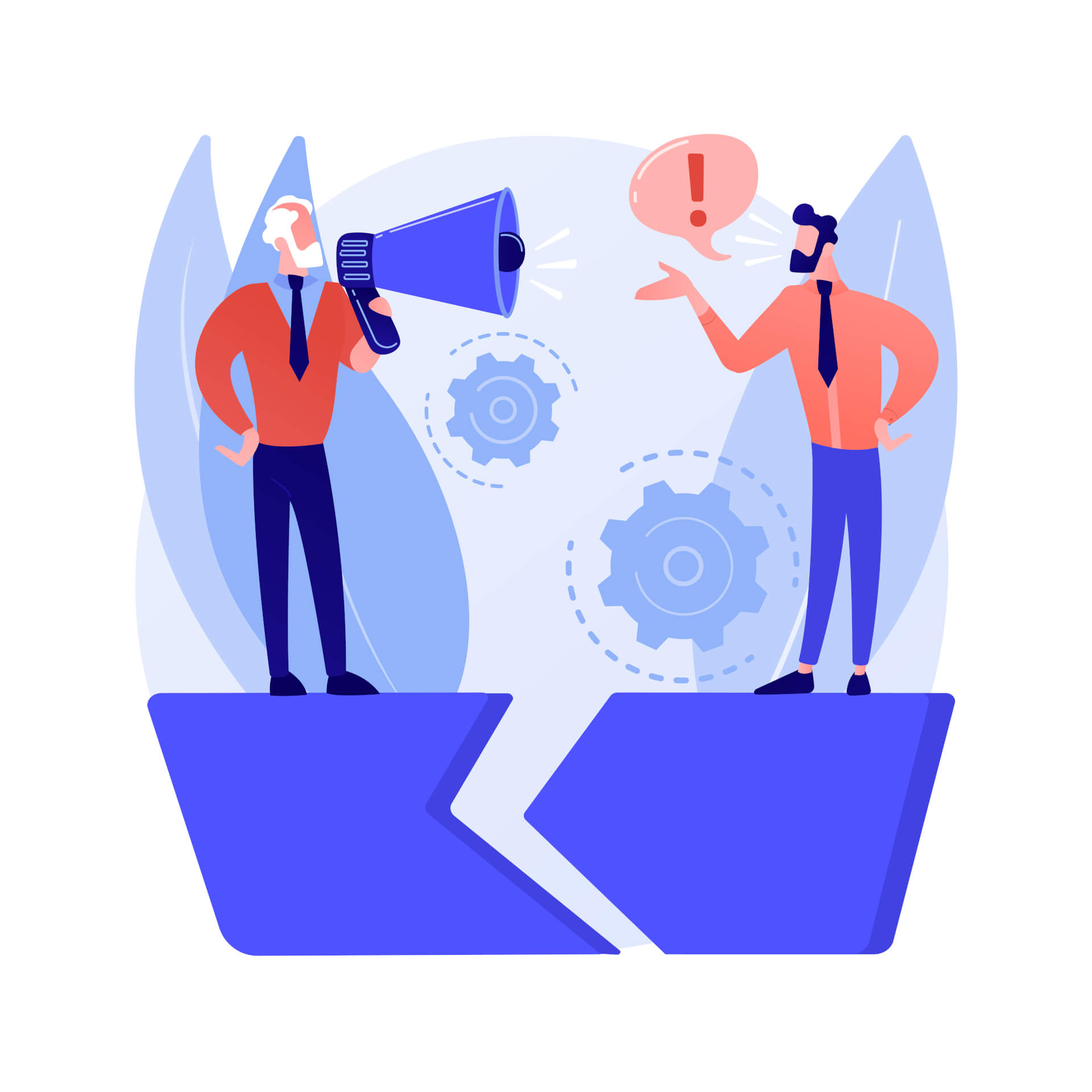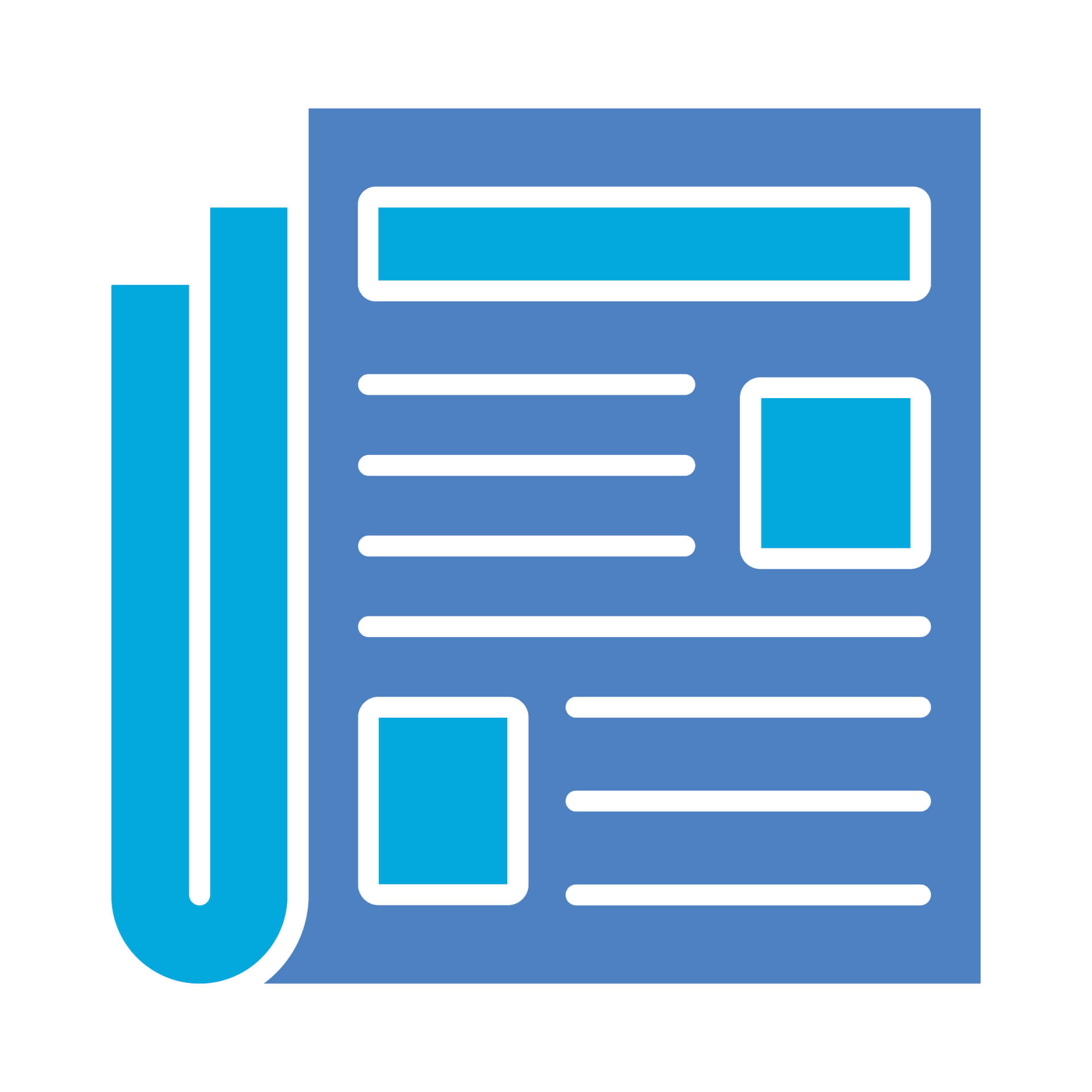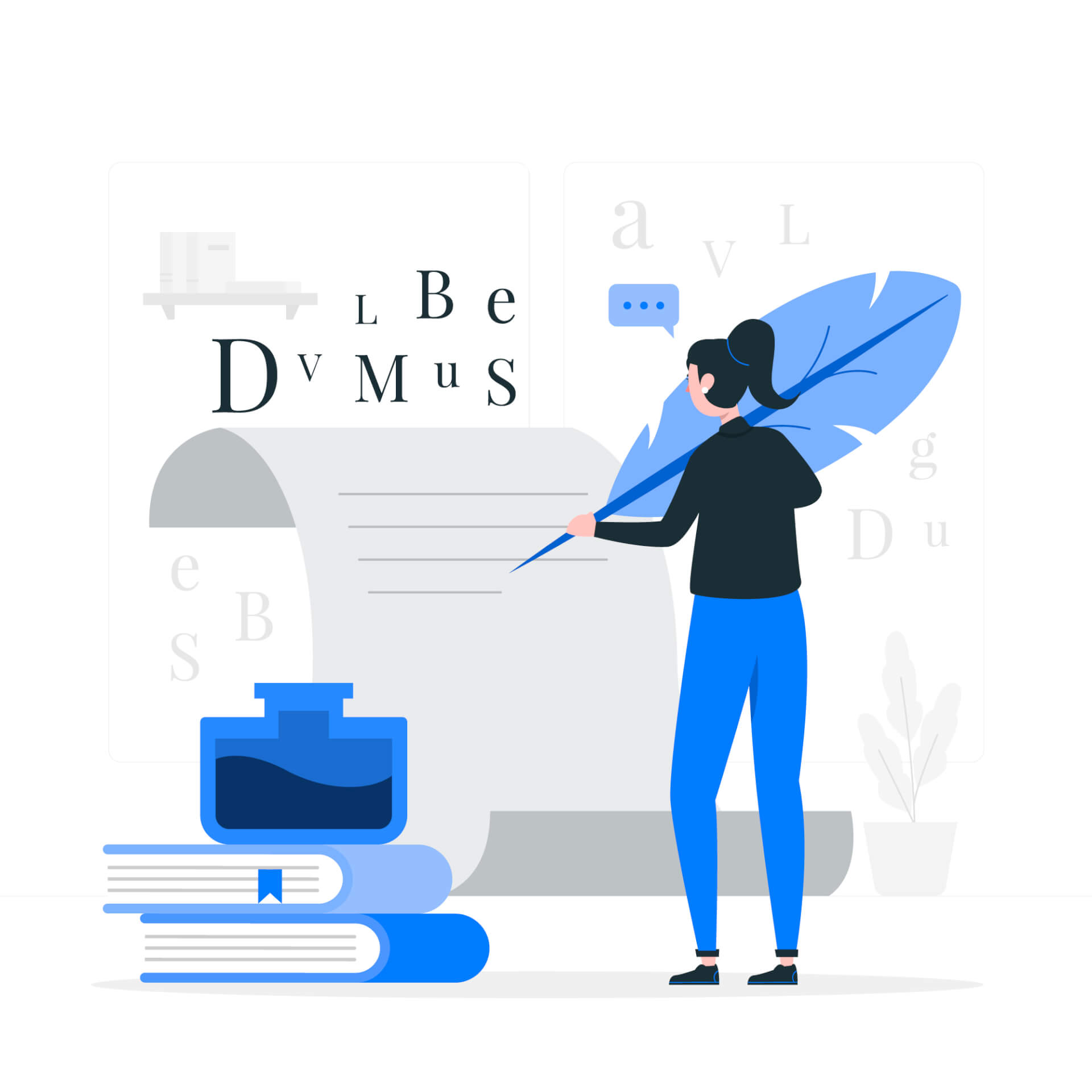No matter what industry you work in, it's essential to speak the customer's language to effectively communicate your value proposition.
 One way to do this is by incorporating industry jargon into your proposals. Industry jargon refers to specialized terms and phrases that are commonly used within a particular field or sector.
One way to do this is by incorporating industry jargon into your proposals. Industry jargon refers to specialized terms and phrases that are commonly used within a particular field or sector.
Table of Contents
- What is Industry Jargon?
- Benefits of Incorporating Industry Jargon
- Understanding Your Audience
- Choosing the Right Jargon
- Simplifying Complex Jargon
- Incorporating Jargon in Proposals
- Tailoring Jargon to Different Audiences
- Training and Development
- Feedback and Iteration
- Case Studies and Examples
- Common Mistakes to Avoid
- Tools and Resources
What is Industry Jargon?
 Industry jargon can include technical terms, acronyms, and specialized language that are unique to a specific industry or profession.
Industry jargon can include technical terms, acronyms, and specialized language that are unique to a specific industry or profession.
For example, in the technology sector, terms like "API," "cloud computing" , and "machine learning" are commonly used jargon.
Understanding and using industry jargon correctly can help you establish credibility and expertise in the eyes of your customers.
Benefits of Incorporating Industry Jargon
By incorporating industry jargon into your proposals, you can demonstrate your knowledge and understanding of the customer's industry. This can help build rapport with the customer and establish trust in your abilities.
Additionally, using industry-specific language can help you communicate more effectively with customers who are familiar with the terminology.
Understanding Your Audience
 Before incorporating industry jargon into your proposals, it's important to research your audience and understand their background and industry. This will help you identify common industry terms and phrases that are relevant to the customer.
Before incorporating industry jargon into your proposals, it's important to research your audience and understand their background and industry. This will help you identify common industry terms and phrases that are relevant to the customer.
By speaking the customer's language, you can better connect with them and tailor your proposals to their specific needs and preferences.
Choosing the Right Jargon
When incorporating industry jargon into your proposals, it's crucial to choose the right terms that are relevant and appropriate for the customer.
- Avoid using jargon for the sake of it and focus on selecting terms that add value to your proposal.
- Be mindful of overusing or misusing jargon, as this can confuse or alienate the customer.
Simplifying Complex Jargon
 Incorporating complex jargon into your proposals can be challenging, especially when dealing with technical terms or concepts.
Incorporating complex jargon into your proposals can be challenging, especially when dealing with technical terms or concepts.
To make it easier for the customer to understand, consider breaking down technical terms and providing explanations and context.
This will help clarify the meaning of jargon and ensure that the customer can grasp the key points of your proposal.
Incorporating Jargon in Proposals
When incorporating industry jargon into your proposals, use it strategically to showcase your knowledge and expertise. Balance jargon with plain language to ensure clarity and avoid overwhelming the customer with technical terms.
By striking the right balance, you can effectively communicate your value proposition and demonstrate your understanding of the customer's industry.
Tailoring Jargon to Different Audiences
Different stakeholders may have varying levels of familiarity with industry jargon.
- Tailor your language to suit the preferences of different audiences, such as executives, technical staff, or end-users.
- Customize your proposals based on the audience's background and expertise to ensure that your message resonates with them effectively.
Training and Development
 To ensure that your sales team is proficient in using industry jargon, provide training and development opportunities to enhance their knowledge and skills. Continuous learning and improvement are essential to staying up-to-date with industry trends and terminology.
To ensure that your sales team is proficient in using industry jargon, provide training and development opportunities to enhance their knowledge and skills. Continuous learning and improvement are essential to staying up-to-date with industry trends and terminology.
By investing in training, you can equip your team with the tools they need to communicate effectively with customers.
Feedback and Iteration
Solicit feedback from customers on the language used in your proposals and make adjustments based on their responses. Incorporate customer feedback into your proposals to improve the effectiveness of your communication.
By iterating on your language and messaging, you can better align with the customer's preferences and expectations.
Case Studies and Examples

Real-life examples of successful jargon usage in proposals can provide valuable insights into best practices and lessons learned.
Study past experiences and analyze the impact of industry jargon on customer engagement and response rates.
By learning from case studies and examples, you can refine your approach to incorporating jargon into your proposals.
Common Mistakes to Avoid
When incorporating industry jargon into your proposals, be mindful of common mistakes to avoid.
- Overloading proposals with unnecessary jargon can confuse or overwhelm the customer.
- Additionally, using jargon incorrectly or inappropriately can damage your credibility and undermine the effectiveness of your communication.
Be selective and strategic in your use of industry jargon to maximize its impact.
Tools and Resources
 Online resources and software tools can help simplify complex language and assist in incorporating industry jargon into your proposals. Explore online glossaries and terminology databases to enhance your understanding of industry-specific terms.
Online resources and software tools can help simplify complex language and assist in incorporating industry jargon into your proposals. Explore online glossaries and terminology databases to enhance your understanding of industry-specific terms.
Use software tools to streamline the process of simplifying technical language and ensuring clarity in your proposals.
Conclusion
Incorporating industry jargon into your proposals can help you speak the customer's language and communicate your value proposition effectively. By understanding your audience, choosing the right jargon, and tailoring your language to different audiences, you can build rapport with customers and establish credibility in your industry.
Remember to simplify complex jargon, solicit feedback from customers, and continuously improve your language skills to enhance the impact of your proposals.
 If you enjoyed this article and would like to learn more about writing proposals, continue reading here: "Writing Proposals - A Guide to Success"
If you enjoyed this article and would like to learn more about writing proposals, continue reading here: "Writing Proposals - A Guide to Success"